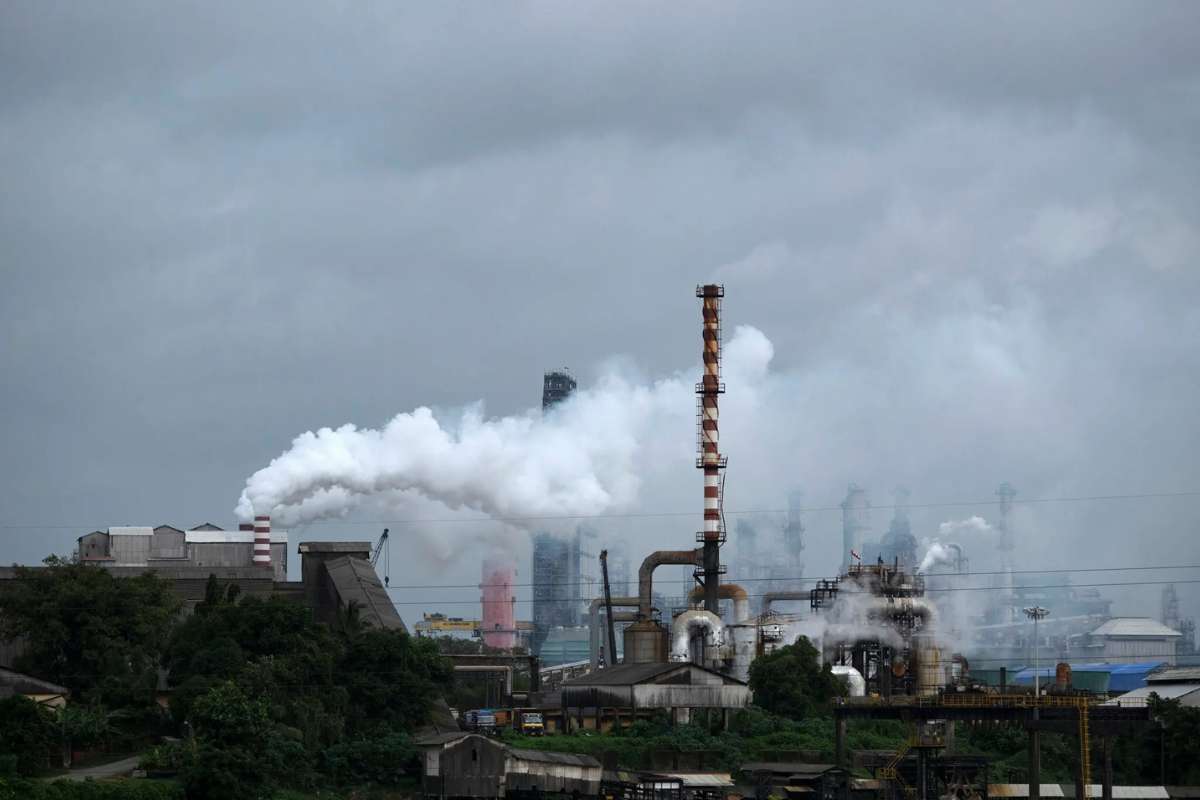India’s state-run oil refiners have temporarily suspended new purchases of Russian crude due to ongoing payment issues, according to industry sources cited by Reuters. The interruption stems primarily from difficulties in settling transactions using Chinese yuan, a method previously adopted to bypass Western sanctions and dollar-denominated restrictions.
In recent months, Indian State companies such as Indian Oil Corporation, Bharat Petroleum, and Hindustan Petroleum have increasingly relied on yuan payments, especially for cargoes priced above the $60-per-barrel G7 price cap. However, resistance from domestic banks and government discomfort with the use of Chinese currency for major trade deals have thrown a wrench into the arrangement.
Private sector refiners, such as Reliance Industries and Nayara Energy, however, continue to purchase Russian oil independently, largely due to their flexible payment structures. Sources indicated that these companies are less constrained by government oversight and can negotiate alternative methods to manage sanctions risks.
Political Factors Stir Uncertainty Around Future Oil Ties
Beyond payment complications, political undercurrents are also influencing India’s shifting stance on Russian oil. As reported by The New York Times, the Indian government is now recalibrating its oil import strategy due to the growing uncertainty over the potential return of Donald Trump to the U.S. presidency.
Trump, a vocal critic of countries engaging with sanctioned nations like Russia and Iran, has previously warned of financial repercussions for countries circumventing U.S. restrictions. Analysts suggest that New Delhi may be proactively attempting to de-risk its geopolitical exposure by aligning its trade flows with potential U.S. policy shifts.
An unnamed Indian official cited in the NYT piece emphasized that while economic factors remain paramount, the geopolitical climate—particularly Washington’s evolving stance—cannot be ignored. “We must assess the winds in Washington carefully. There’s too much at stake,” the official said, underlining India’s effort to strike a delicate balance between energy security and foreign policy alignment.
Shift in Strategy Could Reshape Global Oil Trade
The Indian State move comes at a crucial time, as the country has emerged as one of the largest buyers of Russian crude following Moscow’s invasion of Ukraine and the imposition of Western sanctions. At one point, Russian oil made up more than 40% of India’s total crude imports. The shift away from Russia is likely to prompt Indian refiners to seek alternative suppliers in the Middle East, Africa, or Latin America, potentially leading to increased procurement costs.
Experts believe the halt is temporary but strategic. “It’s not the end of the Russia-India oil relationship, but a reset. India wants optionality,” said a trade analyst interviewed by Reuters.
While Russia is expected to continue offering discounts to retain market share, Indian State evolving import policy signals a maturing energy strategy—one that weighs cost efficiency against diplomatic and financial risk. The coming months will reveal whether this pause marks a short-term disruption or a long-term diversification away from Russian oil.












